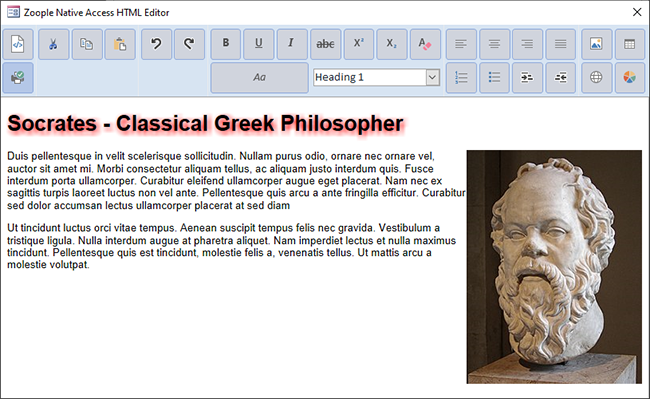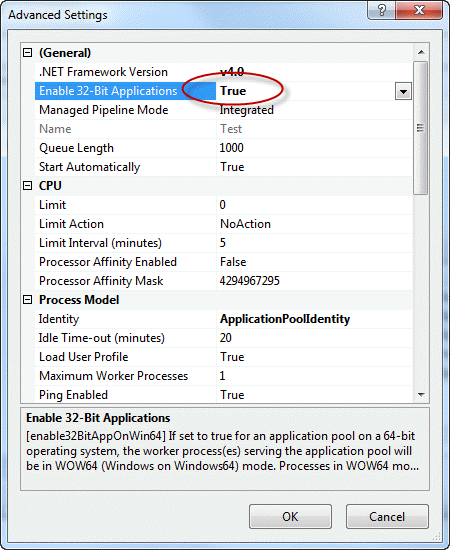
- #Access runtime 2010 x64 accdb vba not run how to#
- #Access runtime 2010 x64 accdb vba not run install#
- #Access runtime 2010 x64 accdb vba not run 64 Bit#
You cannot mix 32 bit and 64 bit Access on the same computer.Do you have on-going support for any applications specifically made for you? Are 64 bit versions of these available? And have these been fully tested?.
#Access runtime 2010 x64 accdb vba not run install#
#Access runtime 2010 x64 accdb vba not run 64 Bit#
64 bit versions of Access, beginning with version 2007, are equipped with a Larger Number data type, which provides the required compatibility.ģ2 bit versions of Access can’t support the Large Number data type.įor full information from Microsoft see Using the Large Number data type. One reason why you might be obliged to go for 64 bit Access is because your database has a SQL Server back end and tables in that back end have fields of the bigint data type. There’s cost in licencing under Microsfot 365 in moving any workstation from Windows 32 bit to Windows 64 bit in replacing workstations that don’t have the hardware to run 64 bit applications. So why not move all existing computers to 64 bit, or replace them? In a one-word answer: cost. So why not specify 32 bit Office 365 for all new computers? Sticking with the devil you know may save a lot of hassle because you know that everything you’re using will work on those new computers.īut the devil you don’t know is when 32 bit Office might lose support (no sign of that yet as far as I can make out) and you’re left with applications, including databases, that break down under a 64 bit regime. I try to explain why later in this article. Does this affect the running of databases? Certainly, yes it did. The old computers have 32 bit applications installed the new ones, 64 bit. This presents an issue for the majority of DMW’s clients as new computers are introduced to supplement, rather than replace, their old ones.

Unless you instruct your IT supplier otherwise, any new computers you order are likely to come with 64 bit Access, as suppliers follow Microsoft's recommendations for Office 365. Nowadays the 64 bit version is their recommended default, as it is for all their Microsoft 365 programs. The first 64 bit version of Microsoft Access appeared in July 2010, as Access 2010, and since has been an alternative to the 32 bit versions of 2013, 20.īefore September 2018, the 32 bit version was recommended by Microsoft as the default installation of Access, alongside the other 32 bit programs of Office.
#Access runtime 2010 x64 accdb vba not run how to#
How to assess the 32 and 64 bit versions of Microsoft ® Access and to choose between them for any new project or database upgrade.

(e) How to Choose Between the 32 and 64 bit Versions of Access


 0 kommentar(er)
0 kommentar(er)
